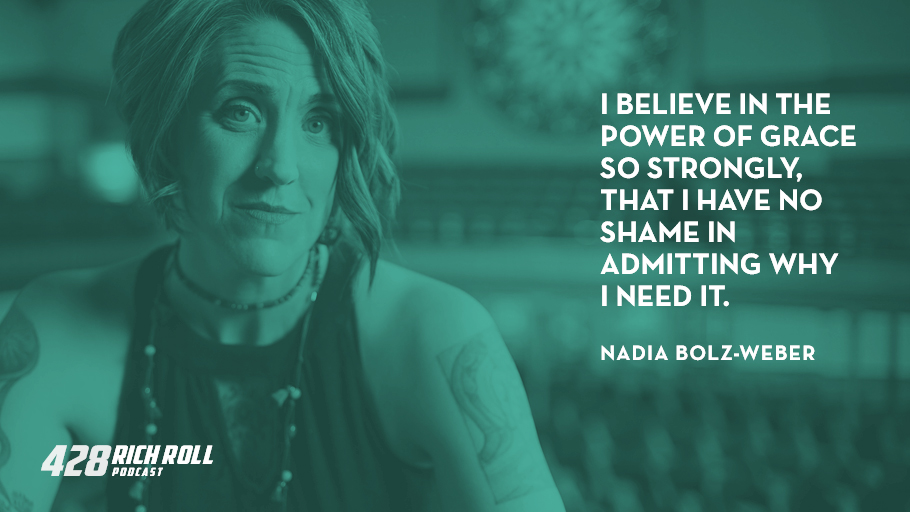

This led on to a discussion of some very personal questions about how we relate to the kind of people who form Nadia's congregation, the misfits who would not easily be accepted or feel at home amongst the 'respectable' people who are more easily welcomed into our midst. But her particular calling seems to have been the recognition that we are all 100% sinners and saints.

Its statement that the Bible is not God, but the cradle that holds Christ, is a lovely summing up of an approach to the Bible that avoids the fundamentalist attitude that many still cling to. The summing up of Lutheran beliefs on page 49, which Nadia says she learnt from her pastor, was appreciated. This extended to issues such as attitudes towards homosexuality, and it was recognised that there was a split within the Lutheran Church on this issue. In our discussion, there was appreciation of the fact that Nadia's parents had been able to accept this calling, which took her into the Lutheran Church, with its different understanding of the Bible and God. Despite her rejection of the Christianity of her upbringing, and her increasing reliance on alcohol, Nadia did not become an atheist, and felt guided by God, eventually feeling a call to be a pastor to the odd assortment of people with whom she found herself associating. Her rebellion against this, took her into Wiccan practices, where she learnt to value female spirituality, but also into alcoholism.


Having already read – and in the main – enjoyed, Nadia Bolz-Weber's book 'Accidental Saints', we decided it would be good to read her earlier book, which tells us more about the journey of her life which had led to her becoming a Lutheran pastor to a highly-unusual congregation of societal 'misfits'.įrom her baptism, aged 12, in the Church of Christ, Nadia's questioning nature led her to see the gap between what she was being taught as the right way to live, and the actual behaviour of those in the Church.


 0 kommentar(er)
0 kommentar(er)
